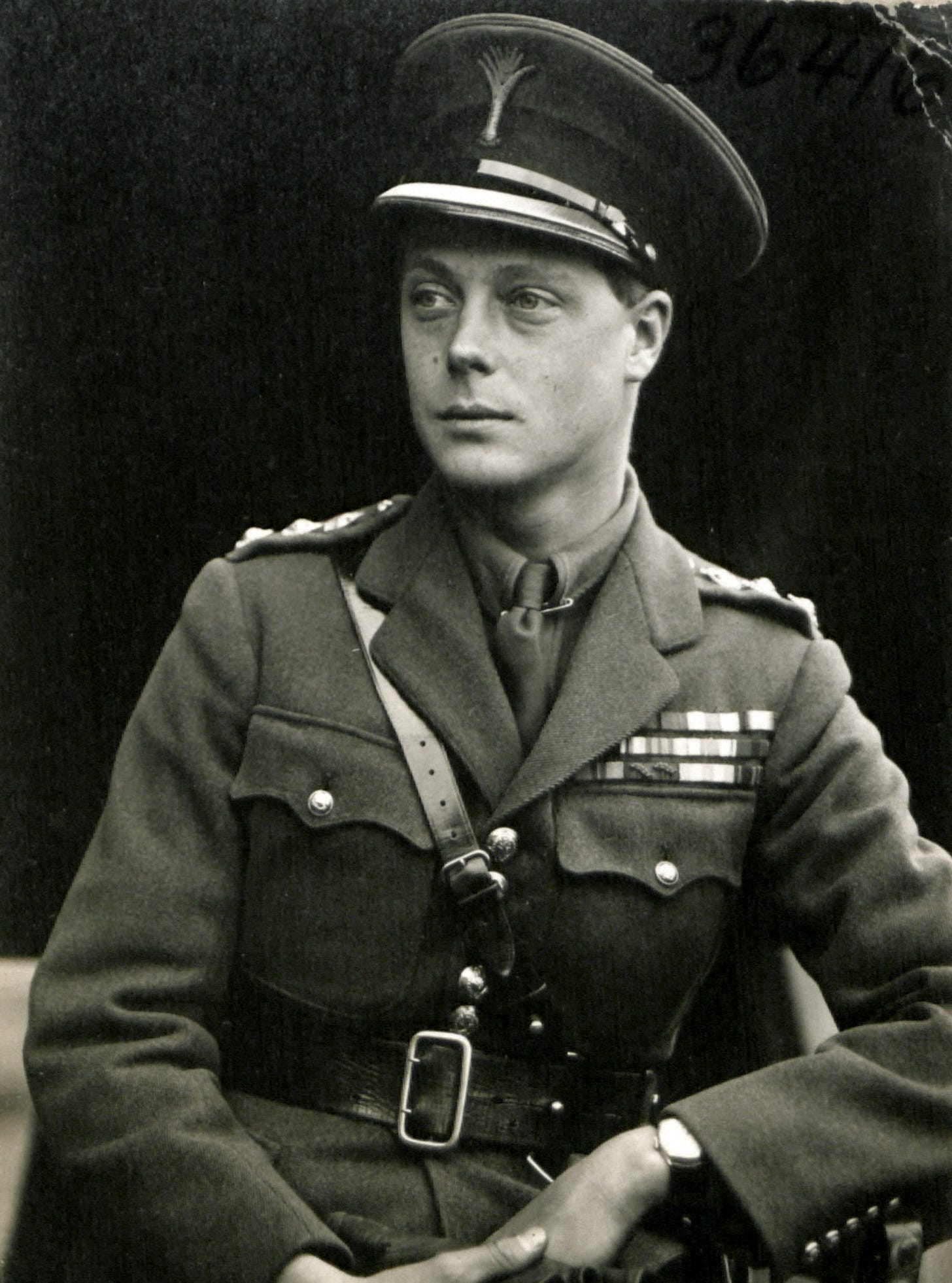Reflections on King George VI
George VI made the monarchy whole again, all thanks to his "get on with it" outlook on life.
The greatest skill possessed by King George VI was his ability to “just get on with it”. He didn’t run from the responsibility of kingship, even when he could have easily done so. The monarchy flourished under his reign and became known for its warm, family-centered life, a sorely needed light in wartime darkness.
George VI began life as Prince Albert, a second son. He was never meant to be the next king – that job was reserved for his elder brother, Edward, who had a breezy charm and glamor. His speeches were polished and smooth, and people lined the street to cheer him. Edward was, literally and figuratively, born to the role.
Prince Albert’s life as the Duke of York was the complete opposite. He was incredibly shy and his royal duties were always punctuated by awkward stretches of silence due to his thick stutter. Despite these struggles, the Duke gave speeches (which he described as “torture”) and met members of the public. It was his role as a royal, and he stuck to it no matter what.
While Prince Edward’s public-facing persona looked golden, underneath lurked the Edward that hated responsibility and royal tradition. The Edward with multiple mistresses who would rather party until the early hours at endless cocktail soirees. The Edward who would become friendly with Hitler. The Edward who brazenly gave speeches contrary to government policy. That real version of the prince would emerge to the world when Wallis Simpson came along. Edward was so obsessed by the American divorcee that he declared he would marry her once her second divorce was finalized. Once he was king, he intended for her to be his queen.
Edward’s family despaired over his louche lifestyle and single-minded desire for Wallis. King George V fretted over the future Edward VIII: “When I am gone, the boy will ruin himself in twelve months”.
The old king’s prediction was spot on: Edward lasted as monarch for just under a year – 327 days, to be exact. He wouldn’t be deterred from marrying Wallis and decided that if she couldn’t be his wife while he was king, he would abdicate to marry her. Not that Edward needed his arm twisted – he was fed up with what he considered the endless monotony of royal life.
Edward gathered his brothers at his Fort Belvedere residence where he signed the Instrument of Abdication. Albert, along with Henry and George (the Dukes of Gloucester and Kent) signed as witnesses.
No one dreaded the abdication more than Prince Albert, whose world had finally brightened considerably. He had a content home life with a supportive family of his own. He had also conquered much of his stuttering with the help of speech therapist Lionel Logue. The newly confident Duke of York was more than happy to remain a supporting player in the royal family, but fate had other plans.
Albert put away his identity as a second son and rechristened himself in a symbolic gesture by becoming King George VI. It demonstrated an unbroken line from George V and effectively healed the rift created by Edward’s abdication. The public was still reeling from the events, known as the “Year of Three Kings”, but turned out in droves to celebrate the coronation of the new king, his queen, and their daughters – the eldest, Elizabeth, now the heir to the throne.
As George VI came to terms with his new position, Edward, now the Duke of Windsor, made good on his promise to marry Wallis. Together they behaved as though they were a king and queen in exile. The late king George V would have been grateful that Edward was gone when, in 1937, the Duke and Duchess of Windsor arrived by train in Berlin where Nazi officials rolled out the red carpet for them.
Two years later, the Duke recorded a message intended to be broadcast to the British public to explain how the nation should compromise with the Nazi regime. This was after becoming well aware of what the regime was capable of.
It was never broadcast, but the message laid bare Edward’s treacherous nature. As king, he would’ve likely bowed to the Nazis, especially if it meant he could benefit from collusion. Not only was he treacherous, he felt entitled to faux royal tours and demanded a sizable allowance for himself and for Wallis (large precious gems don’t grow on trees, you know).
King George VI was, as usual, the total opposite of his brother. George and his wife, Queen Elizabeth, became wartime icons of British resistance. The queen stated that she’d started taking shooting lessons, and declared that, despite the German bombing of London, she and the king were staying put: “I won't leave the King. And the King will never leave.”
Thus the difference between selflessness versus self-serving. Giving, rather than taking. Humility, rather than petulance. George VI gave his country and the Commonwealth a fine example of a sovereign. Whatever difficulties his descendants face, may they remember the king.








I've always thought that the Duke of Windsor didn't want to be king and was glad to have Mrs. Simpson as an excuse to abdicate. Fortunately, his next younger brother and his niece were more than up to the job, as George V foresaw, and as you point out. I don't judge the D of W negatively for his fateful choice. On the contrary, I celebrate it. He made way for the 2 greatest constitutional monarchs of the modern era. Would that some other eldest sons in monarchical history had done the same...